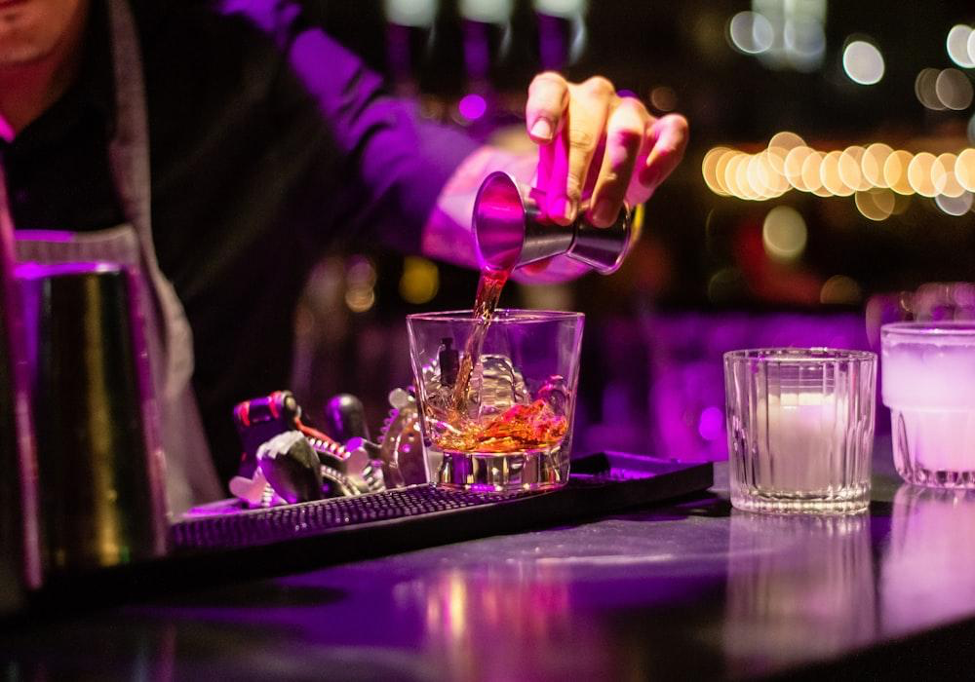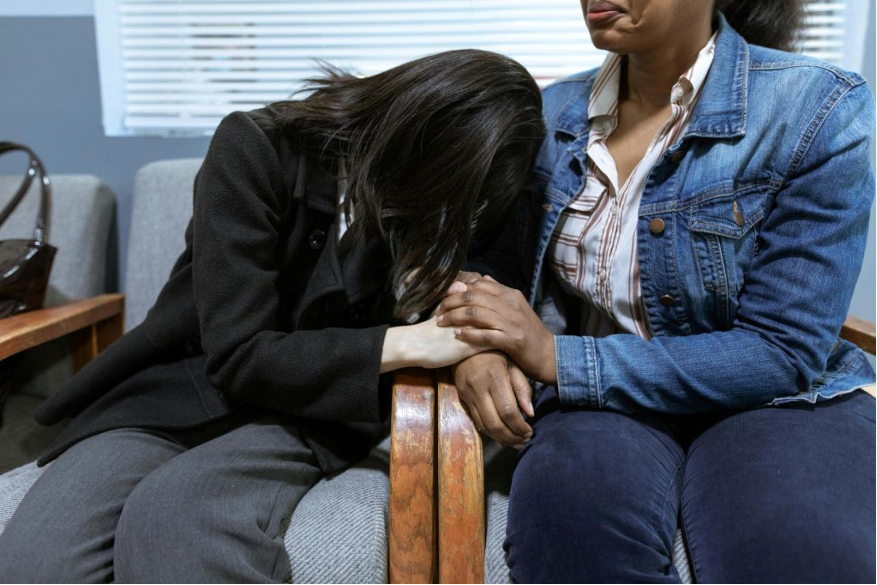
The road to alcohol abuse recovery isn’t an easy one, so being equipped is crucial to success. One situation to watch out for is the possibility of a relapse when alcohol withdrawal symptoms become unbearable, which could undo months of progress. A crisis plan can help you or your loved one deal with that. It’s a relapse prevention strategy that outlines how to handle situations that could jeopardise your journey to sobriety.
What Is a Crisis Plan?
A crisis plan is a road map that helps individuals manage alcohol withdrawal and stay in recovery for extended periods by identifying and lowering the risks of relapse. It is usually recorded in writing to be easily consulted as a tangible, portable guide when needed. It’s also usually shared with the patient’s support group and treatment team.
It has two principal objectives for aiding in alcohol withdrawal management. One is keeping up treatment goals related to harm reduction or abstinence while avoiding an early lapse. The other is offering management in the event of an alcohol lapse so that subsequent relapses can be avoided.
Why You Need to Prepare for a Relapse
Alcohol relapse is one of the most common challenges faced by people recovering from alcohol use disorder. A startling 55.4% alcohol relapse rate during the rehabilitation period was reported in one study. These relapse occurrences have been linked to increased craving, low self-efficacy, and inadequate social support, issues that should be discussed in alcohol withdrawal follow-up counselling sessions.
Relapses in alcohol occur in three stages: emotional, mental, and physical. People who experience an emotional relapse are not considering drinking, but their feelings and actions are preparing them for another relapse in the future. This stage is characterised by bottled-up emotions, social isolation, and a lack of sharing during meetings.
Individuals who experience mental relapse are engaged in an internal conflict. A part of them desires to drink, and other parts of them do not. People’s cognitive resistance to relapse decreases and their desire for escape increases as they descend further into mental relapse. At this point, they begin to bargain, crave alcohol, and search for chances to relapse.
Ultimately, a physical relapse occurs when someone picks up alcohol once more. It is divided into two categories: the first drink, known as a “lapse,” and a “relapse,” which is a return to uncontrolled drinking. After a single drink, an individual may relapse into excessive drinking very quickly. This then typically triggers a mental relapse of compulsive or uncontrollable thoughts about drinking. This can trigger a physical relapse, thus starting a vicious cycle. A relapse at this stage could also result in an overdose.
Creating a Crisis Plan

The first thing to consider when creating a crisis plan is that it’s an individualised guide. You must consider your objectives for the future and what you hope to gain from your recovery.
Identifying triggers is the first real step in developing a plan. Triggers are circumstances or occurrences that could push someone to drink. Here are some examples:
- Seeing people you used to drink with could bring back memories and urges to consume alcohol. These people might push you to drink if you meet them.
- You may associate alcohol with objects. A shot glass, for instance, might cause cravings.
- Entering a bar, a friend’s home or a public place where alcohol is consumed may set off an urge to drink.
- Certain sensations, sounds, or smells can make you feel like drinking. A television program or song may also be the cause of a relapse.
- Stress is one of the biggest triggers. Any situation that causes you to feel stressed increases the likelihood that you will relapse.
- Certain days or times of the day, holidays, or weather conditions may cause you to crave alcohol, depending on your memories.
- Social gatherings, parties, or time spent alone may also cause you to consider drinking.
Being more specific about your triggers may help. Sort your triggers according to the likelihood of relapse. What particular triggers will present the greatest difficulty for you? Which ones are more likely to lead to a relapse? Friends and families can help list triggers since they know enough about the patient’s lifestyle.
Developing relapse prevention strategies comes next after you’ve determined the triggers. Relapse prevention techniques can range from simple measures like avoiding specific individuals, locations, and objects to more involved ones, like creating coping strategies for strong emotions during alcohol withdrawal. If social situations trigger you, for instance, make a plan to attend only those events that don’t involve alcohol. Bring a sober friend if it’s a work event, or exit an event early if you feel uneasy.
The more specific the plan, the better the chances you will promptly get back on track. For example, know who to call first and what to ask if you suddenly get intense cravings. Have a list of people with different availability at any time of the day. Ensure that the individuals in your plan know what to do in case you need their help.
Don’t attempt self-recovery. Creating a support system during the alcohol withdrawal phase will make it much easier for you to stay sober. Determining the members of a patient’s support network and how they can assist is crucial in developing a relapse prevention plan. For example, your family and friends can lend a sympathetic ear when you are feeling down or in a stressful situation. You can learn coping mechanisms from a therapist or counsellor to help you handle the cravings or unfavourable thoughts that might be pushing you back into drinking.
Tips for a More Successful Crisis Plan
When fighting against alcohol withdrawal, you need all the help you can get. Here are some tips to further increase the chances of staying sober.
- Review your relapse prevention strategy occasionally, evaluate what has changed, and make any required adjustments. With the help of an addiction professional, a counsellor, or your loved ones, you can identify areas that require attention or modification.
- Create an exit plan, a pre-rehearsed action to help you avoid high-risk triggers. For instance, practice what to say if you want to get out of a situation that suddenly turned into an event involving drinks.
- Remind yourself of the reasons you initially embarked on your recovery journey whenever the temptation to drink arises. Recall your experience when you were very drunk and how sick you felt.
- Try to change your lifestyle. Relapse prevention plans may include strategies for undoing the harm that addiction has brought to your life. Try to sleep longer, eat a balanced diet, and exercise.
Creating and Implementing a Crisis Plan With HARP
Developing a crisis plan is essential to managing alcohol withdrawal and sustaining long-term sobriety. The consultants at HARP can help with identifying triggers, formulating relapse prevention plans, and building a robust support system. HARP provides aftercare programs to ensure each client can seamlessly and safely transition out of treatment.
To get the help you need on your road to sobriety, call HARP today or visit our alcohol treatment page for more information.



